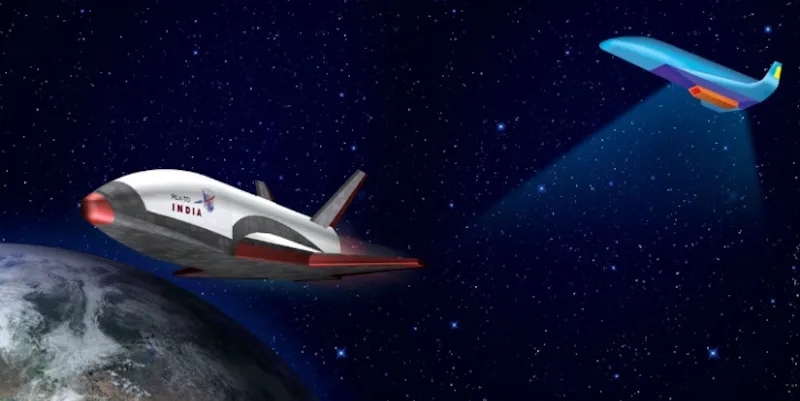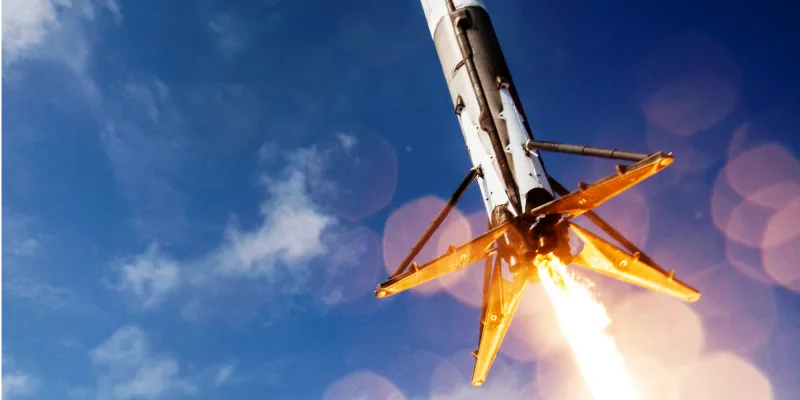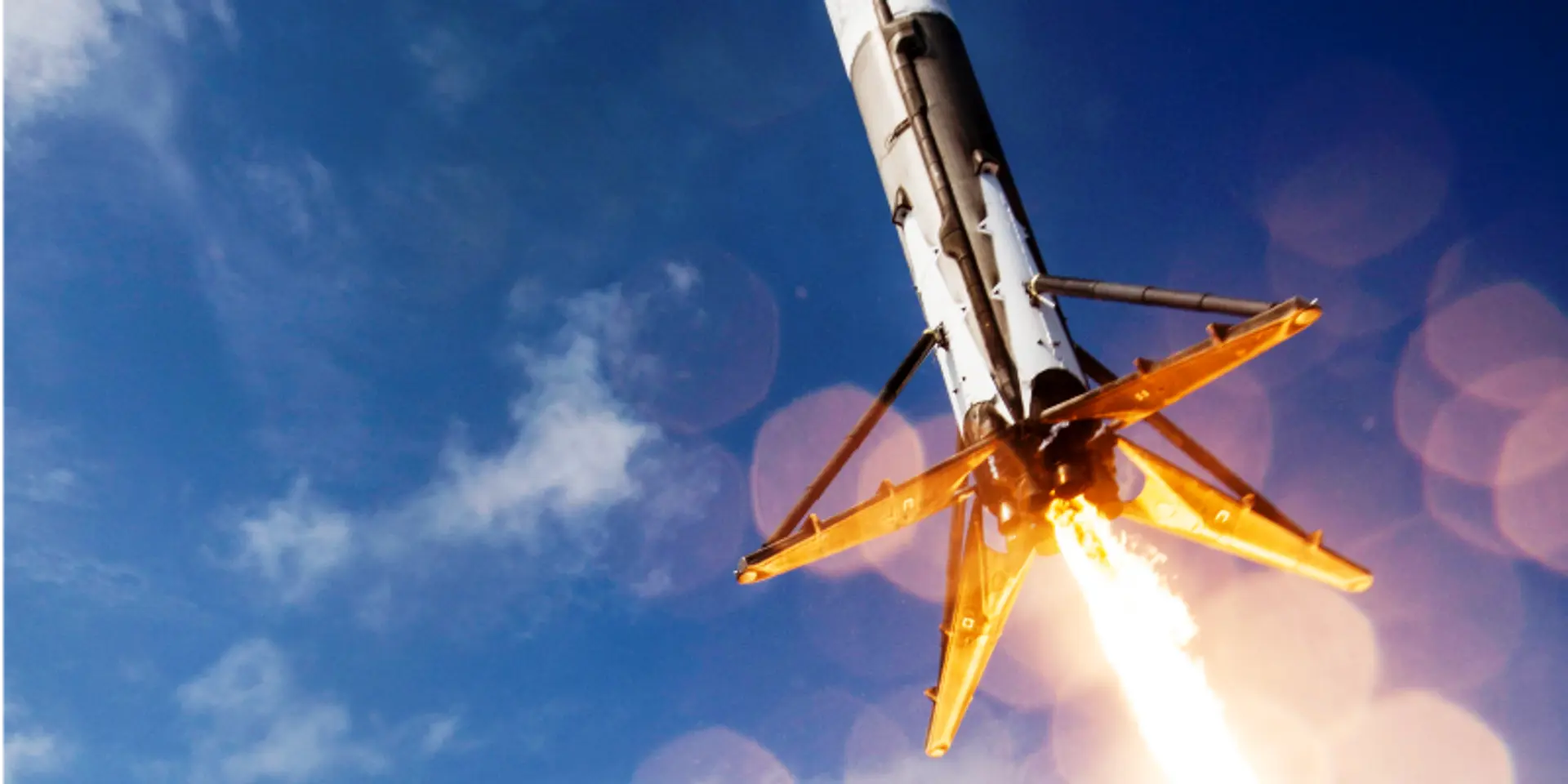Will Elon Musk's SpaceX beat ISRO by developing cheaper technology?
Just as India readies itself to launch its first indigenous space shuttle later this month, Elon Musk's Space Exploration Technologies Corporation (SpaceX), headquartered in Hawthorne, California, USA, has developed a technology of soft-landing its rocket's first stage at a predetermined location after a satellite launch, reassembling that with a second stage, re-fuelling and sending the assembled rocket on a second launch mission into space within hours of the previous one.

According to Elon Musk, as well as space experts, SpaceX's concept - which is being successfully tested - can drastically cut spaceflight costs "by a factor of 100", making the company a low-cost game-changer in the satellite market.
ISRO gained popularity for its 100% successful foreign satellite launches using the polar satellite launch vehicle (PSLV) rockets, charging just 60% of the fees charged by foreign space agencies such as Arianespace. Since May 1999, it has successfully launched 57 international customer satellites from 20 countries on board the PSLV.
ISRO's global client list includes EADS Astrium, Intelsat, Avanti Group, WorldSpace, Inmarsat, World Sat, DLR, KARI, Eutelsat and several other space institutions across Europe, West Asia and South-East Asia. Will all of this change once SpaceX comes fully into the picture? Former National Aerospace Laboratories director and the longest serving member (resigned in 2012) of the Indian space commission, Prof Roddam Narasimha said, "At least for some time, ISRO will not be affected. But what SpaceX is doing will eventually drastically reduce launch costs," said the professor, in a report in India Times.

He also added by saying that, India's PSLV launcher, which has been a complete success, will continue to hold sway for at least "some time to come" as SpaceX is yet to perfect its technologies. "But I also feel ISRO is not utilising its global launch market properly. They have to do more."
Former ISRO chairman Prof UR Rao stressed the importance of developing reusable rocket technologies: "Just imagine if passenger flights were not reusable and a new plane had to be used after each flight, what impact it would have on the cost of each flight! So, reusability is the future of launch technologies if one were to look at reducing costs." Rao, however, felt the major significance of SpaceX technologies would be for long-duration space flights.
ISRO does have an ace up its sleeve. It has its own Reusable Launch Vehicle (RLV), the technology demonstrator of which is to be tested later this month. But ISRO's RLV is similar to US' space shuttle, in which the reusable component - the 1.5 tonne winged spacecraft - lifts off vertically, powered by a rocket, then separates from the rocket to release the payload into the orbit and return to earth to land like an aircraft on a runway. The main rocket, however, is wasted, unlike in SpaceX's launches, adding to costs. One can only wait and watch to see who takes the lead in this space race.
To stay updated with more positive news, please connect with us on Facebook and Twitter.



